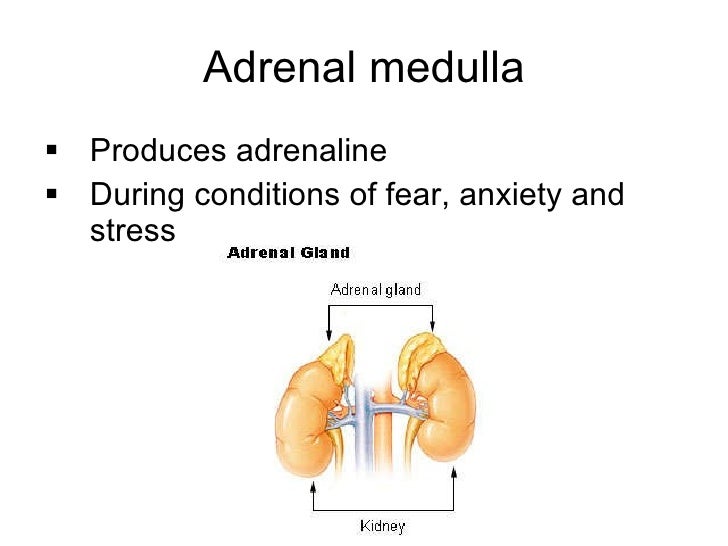
Laboratory data suggest that harmful epinephrine-induced reductions in microvascular blood flow during and after CPR may offset the beneficial epinephrine-induced increase in arterial blood pressure during CPR. Detrimental effects were greatest in patients found in ventricular fibrillation.

Very large, well-controlled, observational studies suggest that, despite increases in return of pulses, epinephrine reduces long-term survival and functional recovery after CPR. Recent studies question whether epinephrine provides any overall benefit for patients.Ī randomized controlled trial indicates that epinephrine for out-of-hospital cardiac arrest increases return of pulses, but does not significantly alter longer-term survival. However, the dose, timing and indications for epinephrine use are based on limited animal data. Epinephrine increases arterial blood pressure and coronary perfusion during CPR via alpha-1-adrenoceptor agonist effects.

Epinephrine is the primary drug administered during cardiopulmonary resuscitation (CPR) to reverse cardiac arrest.


 0 kommentar(er)
0 kommentar(er)
